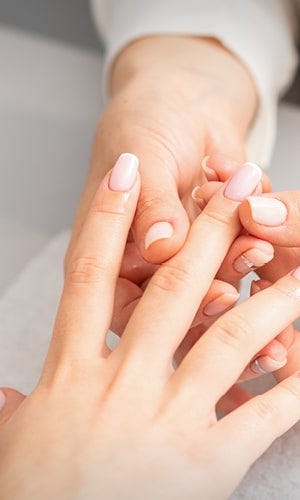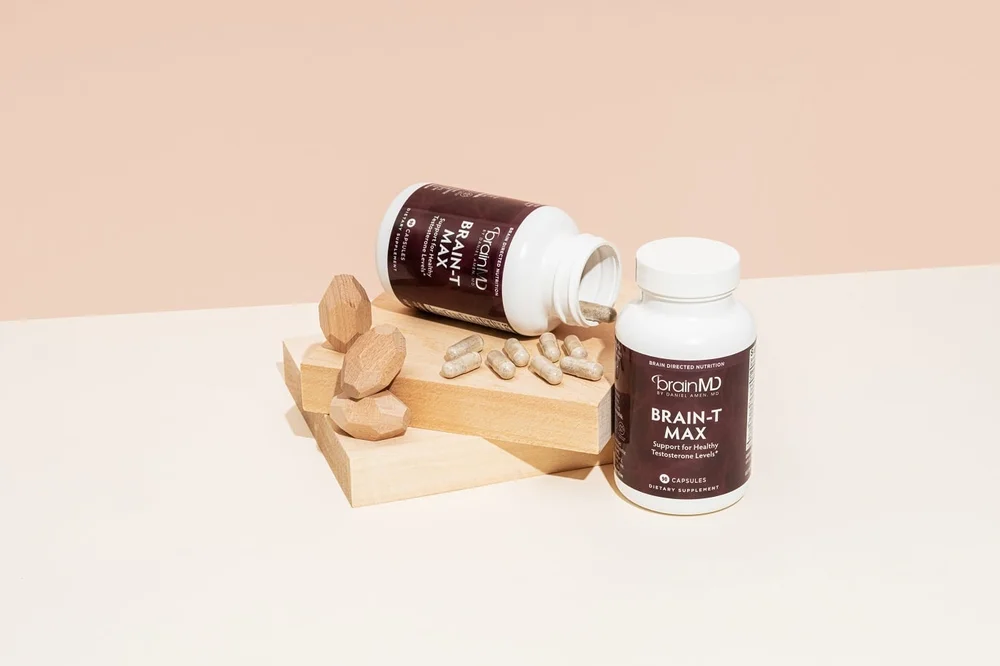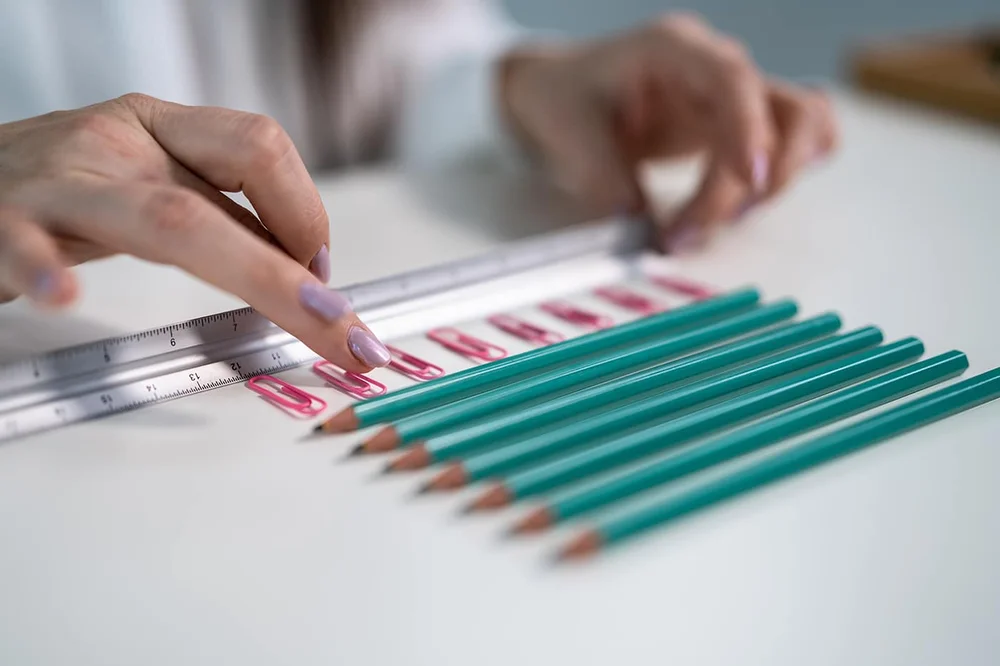Here Are Some of the Top Benefits of Biotin and Why You Should Take It
In recent years, biotin has become increasingly popular among consumers looking for beauty benefits for their hair and nails. Biotin, also known as vitamin B7 or sometimes vitamin H (the H stands for “haar und haut” the German words for hair and skin), stimulates keratin growth, which is responsible for healthy hair, nails, and skin.
Yet, biotin isn’t all about beauty.
This water-soluble, essential micronutrient acts as a coenzyme, helping the body to release energy from carbohydrates and fat, as well as metabolize proteins and transport oxygen and energy-containing nutrients around the body. It plays a role in epigenetic regulation, cell signaling, and helps the nervous system function properly.
Here’s what you need to know about this B complex vitamin and its purported beauty benefits.
Benefits of Biotin

It’s true that biotin plays a role in healthy hair and nails, but that doesn’t mean lathering it on your hair or supplementing with it is going to make a difference.
A 2021 report from the American Academy of Dermatology Association (AAD) on biotin states that there “is only limited evidence that biotin supplementation provides a benefit for hair and nail growth; to date, there are no clinical trials supporting claims that biotin supplementation improves hair and nail growth or quality.”
The limited evidence refers to a review study that looked at 18 cases where biotin supplementation was used to counter hair and nail changes. The review found that in each case, “patients receiving biotin supplementation had an underlying pathology for poor hair or nail growth,” yet all cases showed evidence of clinical improvement after receiving biotin.
In other words, if you’re biotin deficient, supplementation may offer some beauty benefits. But most people aren’t lacking in biotin.
As for topical biotin in haircare products for volume and hair loss, experts say that the products may give more volume and texture, but they will not grow new hairs, or affect hairs at the follicular level.
Biotin may have some non-beauty related benefits, too.
Some limited evidence suggests that biotin supplementation could be useful in healthy blood sugar control. Biotin also is thought to help with progressive multiple sclerosis (MS) because it supports nerve cell metabolism, but more research is needed.
Biotin Deficiency
Biotin is an essential nutrient; it must come from the diet. Biotin can be found naturally in many foods such as meat (especially organ meat), eggs, fish, bananas, avocados, broccoli, and legumes.
For the most part, Americans get plenty of biotin. It’s estimated that adults need 30 mcg of biotin daily. Although there are no statistics for biotin intakes in the U.S., the average intake from foods in other Western countries is about 35–70 mcg/day, which indicates deficiency is highly unusual.
If someone does have a biotin deficiency, it’s either congenital or acquired. Some people are born with a rare genetic disorder called biotinidase deficiency.
The following are examples of acquired biotin deficiency:
Pregnancy
Acquired biotin deficiency may occur in pregnant or breastfeeding women, as pregnancy increases the metabolism of biotin, which can require greater intakes of the vitamin.
Smoking
Smoking has a significant effect on biotin metabolism as well, which can increase the need for greater vitamin B7 intake.
Regular Alcohol Consumption
Excessive alcohol consumption is associated with marked reductions in plasma biotin levels. Animal studies show that regular alcohol feeding significantly inhibits biotin absorption in the intestines.
Raw Eggs
Interestingly, people who consume raw eggs on a regular basis can develop a biotin deficiency. Raw egg whites contain avidin, which binds to biotin and prevents absorption. This process can be prevented by simply cooking the eggs, which denatures avidin.
Medication
Long-term antibiotic use can theoretically cause biotin deficiency because antibiotics may disrupt gut flora, which produce biotin.
Renal Failure
Biotin is reabsorbed by the kidneys. Patients suffering from renal failure have been studied for potential biotin deficiency.
What Are the Signs of Biotin Deficiency?
Signs of biotin deficiency develop gradually. Any of the following symptoms could indicate a biotin problem:
- Hair thinning
- Brittle nails
- Dry skin
- A red, scaly rash, usually around the eyes, nose, and mouth
- Pink eye
- Hallucinations
- Numbness and tingling in extremities
- Low mood
- Fatigue
If you recognize any of these signs in yourself or someone you love, consult your medical doctor. These symptoms could indicate a number of health conditions. Biotin deficiency can be detected easily with blood work.
Biotin Supplementation
Regardless of the type of B7 deficiency, dietary increases and/or supplementation are often part of the solution for correcting the low levels of biotin. It’s important to note, however, that biotin supplementation can interfere with the accuracy of other important lab testing.
Any biotin supplementation program should be discussed with your medical doctor prior to testing for other medical conditions.
At BrainMD, we’re dedicated to providing the highest purity nutrients to improve your physical health and overall well-being. For more information about our full list of brain healthy supplements, please visit us at BrainMD.
- What Are the 7 Healing Frequencies and Benefits of Sound Healing? - April 26, 2024
- Here Are Some of the Best Tension Release Exercises to Help You Feel Your Best! - April 17, 2024
- Foodscaping: How to Grow Healthy Foods In Your Own Garden! - April 12, 2024



